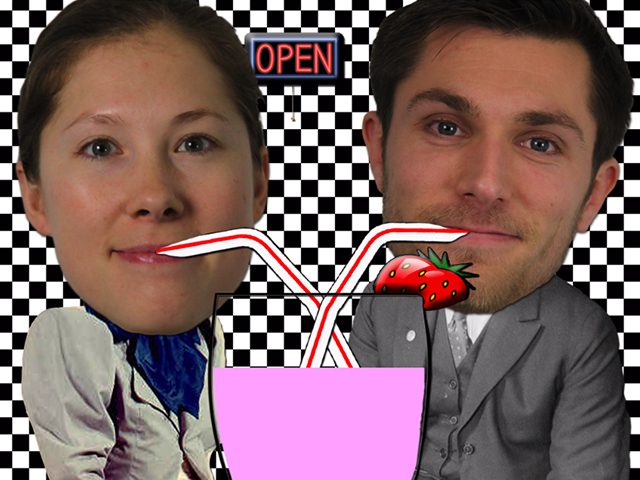Our Town Introduction
Our Town is Thornton Wilder’s most celebrated play. It opened on Broadway in 1938, received a Pulitzer Prize for Drama, and went on to become one of the most frequently performed American plays of the twentieth century. In Wilder’s day, it was fashionable for plays to expose the hypocrisy of American life. With its focus on the precious moments in everyday life, Our Town deliberately departs from this perspective. The play follows the lives of two young neighbors in a small town, Emily and George, who fall in love. Our Town’s production coincided with political problems in Europe that would eventually become World War II. For audiences, Wilder’s play was an escape from international conflict and a retreat to small town America.
What is Our Town About and Why Should I Care?
News flash!! This play is about your town. "What?" you say, "We don’t have Howie Newsome delivering milk every morning. We buy milk at the local [insert name of big conglomerate supermarket here] or, alternatively at [insert name of big conglomerate organic food store here]." Don’t worry. We realize that not everyone lives in a little replica of Grover’s Corners, New Hampshire in the early 1900s. But bear with us a moment as we go on a little "what if" journey.
What if this play were set today? What if this play were set in your town? What if this play were about your life? George would still be a cute, popular athlete. Emily would still be the brainy girl next door. They would still have painfully awkward conversations.
If this were your life, which scenes would the Stage Manager choose to show? While the first two acts would differ from the original, the third act is quite timeless. Hypothetically, your soul could wander back to random days in your life and be upset that you, your family, and friends don’t appreciate every moment of living. Stripped of the Leave it to Beaver patina, Our Town has some pretty fundamental ideas about life’s transience.
As Vitamin C once sang, "I keep thinking times will never change/Keep on thinking things will always be the same, etc. etc., And if you got something that you need to say/You better say it right now cause you don't have another day." End message? Grover’s Corners may be a very outdated slice of American life, but the play Our Town will remain relevant so long as people live and die and time marches on. Which we think is forever.
